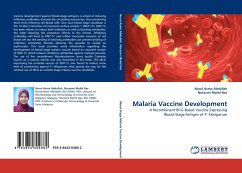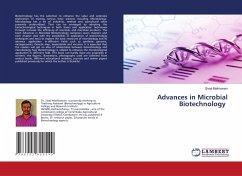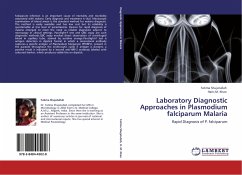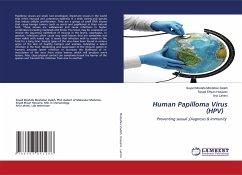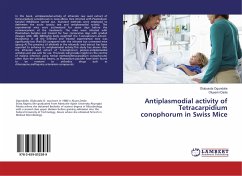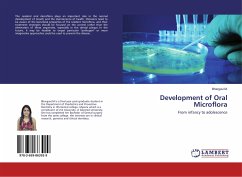Vaccine development against blood-stage antigens is aimed at inducing inhibitory antibodies towards the circulating merozoites, thus preventing them from infecting red blood cells. One such blood stage candidate is the 19 kDa C-terminus of merozoite surface protein-1 (MSP-1C). MSP-1C has been shown to induce both inhibitory as well as blocking antibodies, the latter blocking the protective effects of the former. Inhibitory antibodies will bind to MSP-1C and inhibit merozoite invasion of red blood cell but the binding of blocking antibodies can prevent binding of inhibitory antibodies thereby allowing the parasite to invade an erythrocyte. This book provides some information regarding the development of blood-stage malaria vaccine based on mutated version of MSP-1C which induces inhibitory antibodies against malarial parasite. The use of live recombinant Mycobacterium bovis bacille Calmette Guerin as a vaccine vehicle was also described in this book. The rBCG expressing the mutated version of MSP-1C was found to induce some level of protections against P. falciparum; thus paving the way for the rational use of rBCG as a blood-stage malaria vaccine candidate.
Bitte wählen Sie Ihr Anliegen aus.
Rechnungen
Retourenschein anfordern
Bestellstatus
Storno

